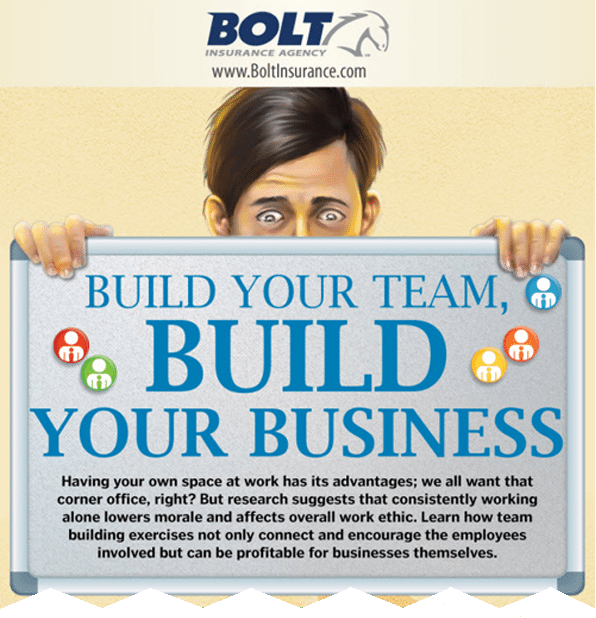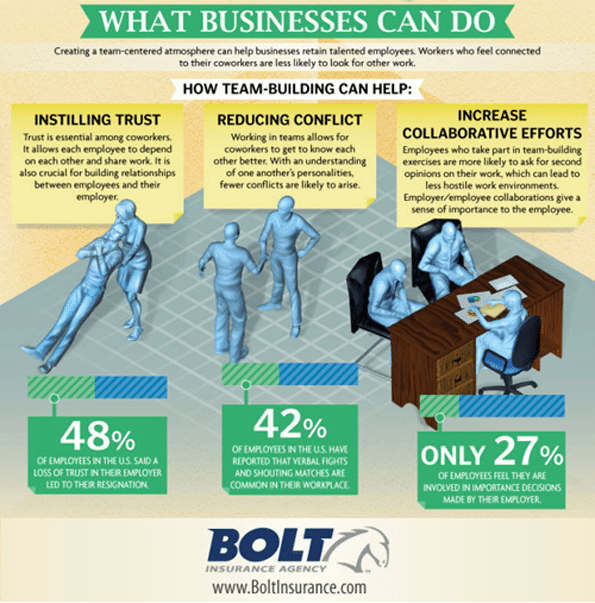Ever feel totally out of your element? Chances are that many of your team members do, which makes success difficult to tackle.
We all often feel like everyone around us has their act together and we don’t. Even your most successful employees likely feel a little phony at times.
As The Guardian’s Oliver Burkeman states:
Achieve promotions, or win accolades, and you’ll just have more cause to feel like a fake. Enhance your knowledge, and as you expand the perimeter of what you know, you’ll be exposed to more and more of what you don’t. Impostorism, as Pacific Standard magazine put it recently, “is, for many people, a natural symptom of gaining expertise”. Move up the ranks and if your field’s even vaguely meritocratic, you’ll encounter more talented people to compare yourself negatively against. It never stops.
Furthermore, research also finds that:
- 70% of employees feel they are not engaged in their jobs
- 20% said they emotionally “checked out” last year
- 30% of employees say they are involved in important decisions that impact their work and workplace
So, what’s a leader to do!?
To support a successful team, leaders need to connect with employees and encourage them, as well as remind them that they are important assets to the company.

Burkeman suggests that the solution is that higher-ups should talk about their insecurities more. Really, Berkeman is alluding to more transparency and human connections within organizations. Consistently working in isolation does lower morale and affects overall work ethic. In a recent Inc. article about managing change, Will Yakowicz echoes the sentiment of transparency and comradery by suggesting that leaders be up front about pending hardships when announcing a campaign for change.
This kind of clarity and frankness is what makes a successful team bond over trust, conflict reduction and collaboration. After all, 48% of employees said that a loss of trust in their employer led to their resignation.
Team building exercises help form a successful team, too!
Employees that participate in team building exercises are more likely to ask colleagues for feedback, reducing hostility in the work environment. Planned events and team building exercises also highlight your organizations efforts to be a team-centric company. Remember, it costs the equivalent of one-fifth of each employee’s annual salary to replace them, so keep them happy!











